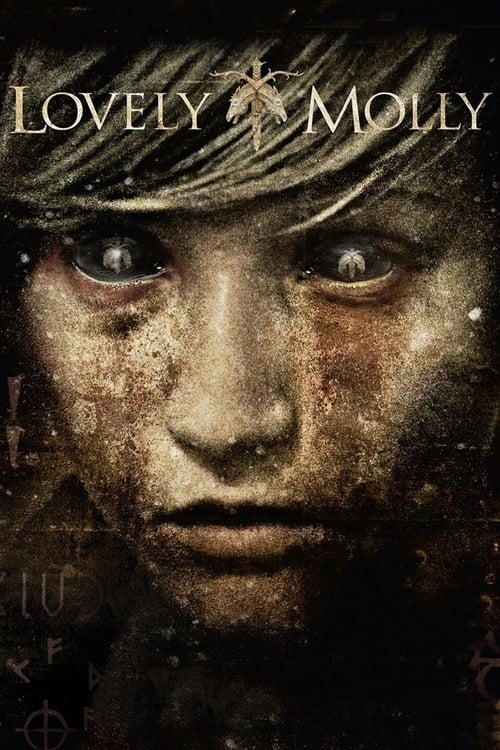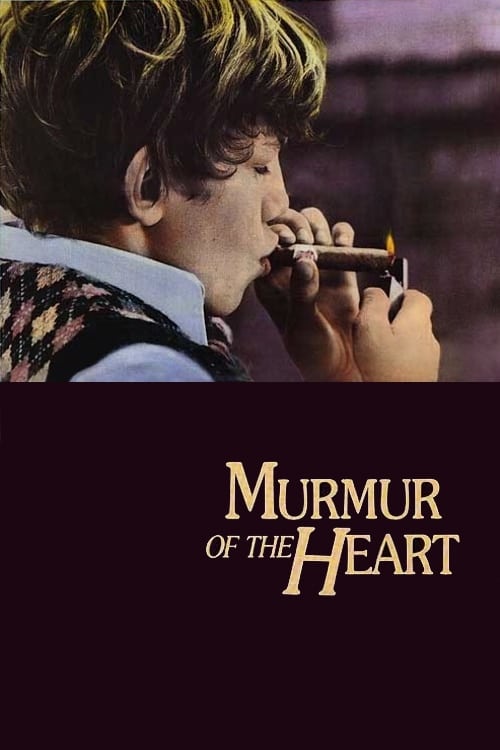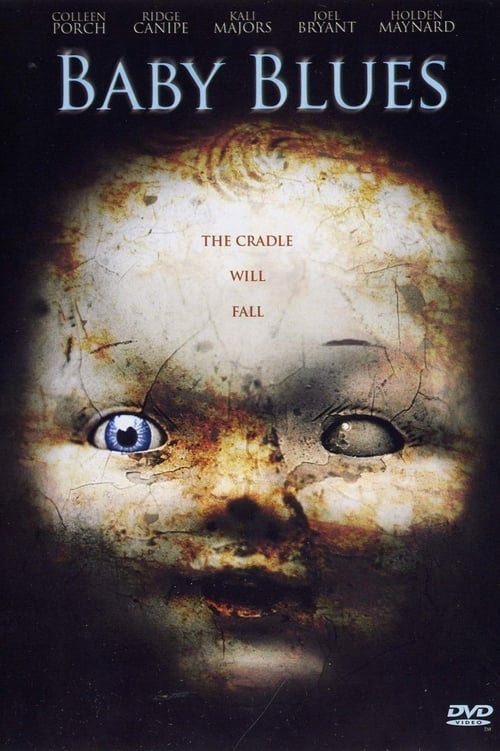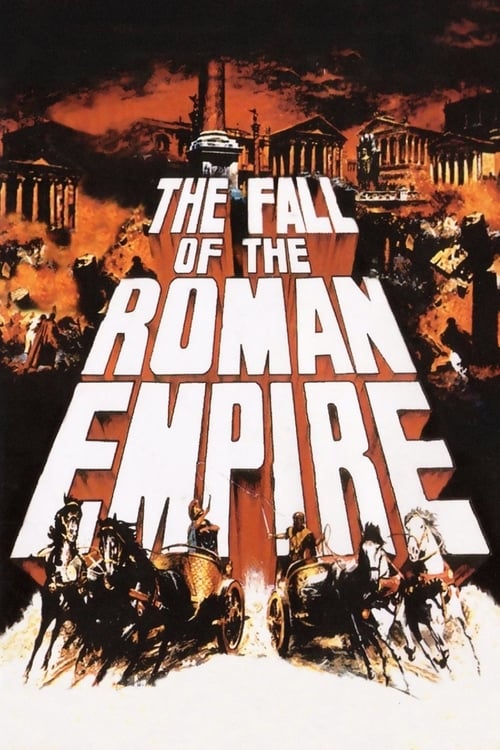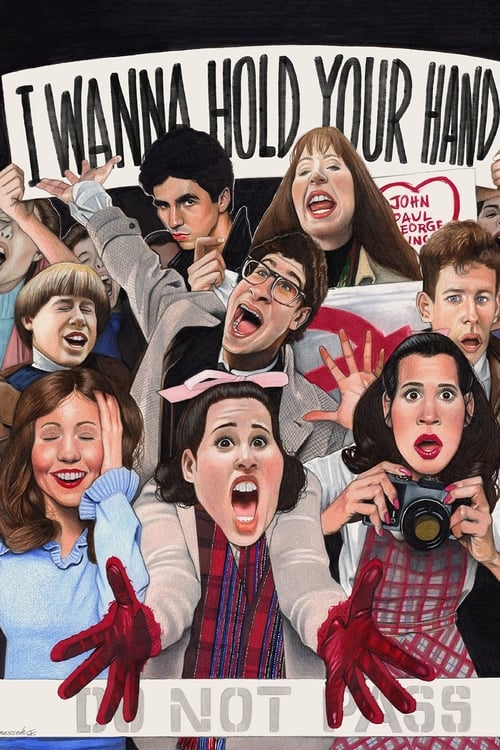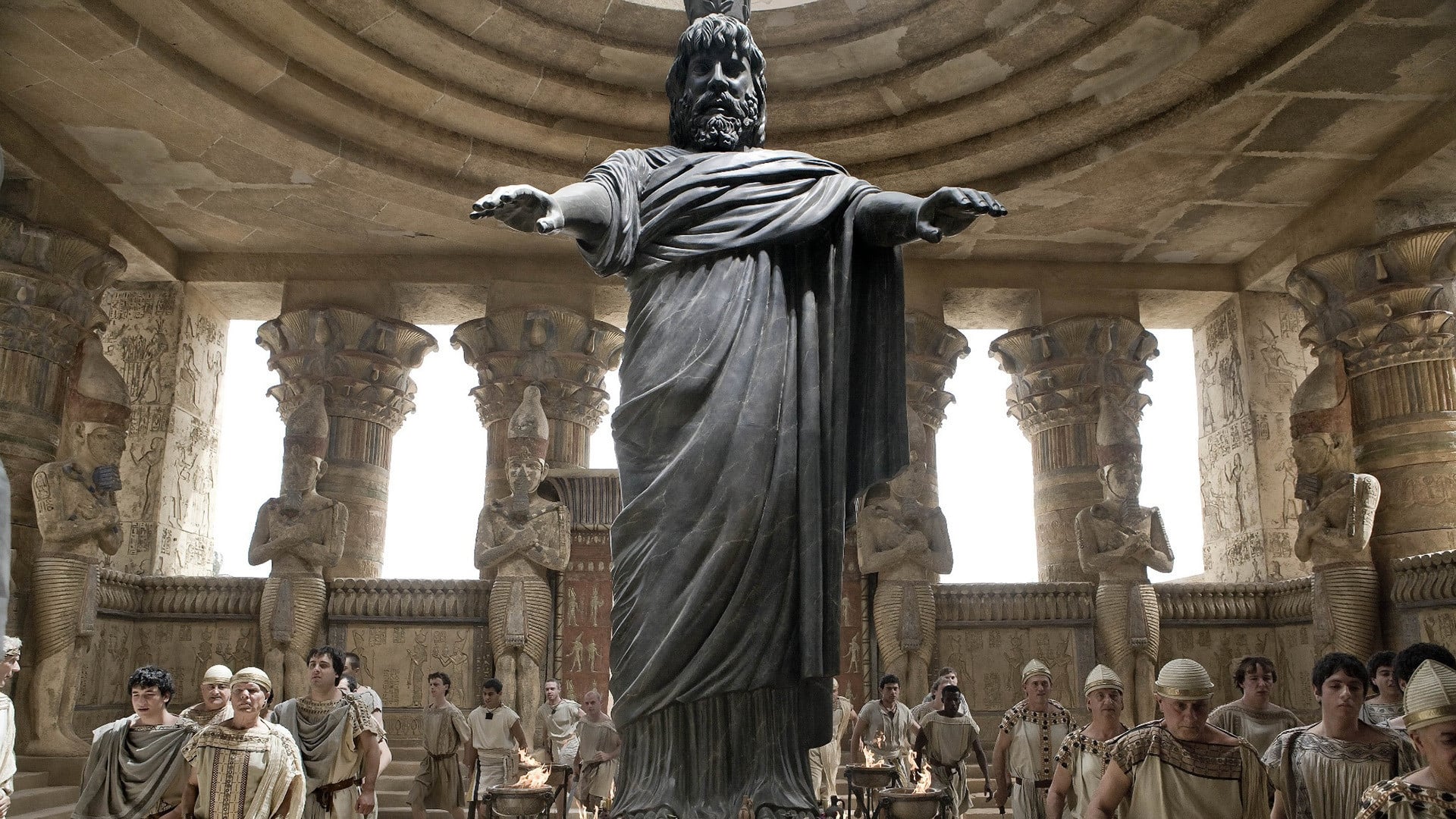

2009
·127m
Agora
Summary
A historical drama set in Roman Egypt, concerning philosopher Hypatia of Alexandria and her relationship with her slave Davus, who is torn between his love for her and the possibility of gaining his freedom by joining the rising tide of Christianity.
Reviews
minymina
August 4, 2023
Agora represents a rather chaotic and completely inaccurate historical biopic.
Despite the commendable acting by Rachel Weisz and Oscar Isaac, the movie, which was created with a significant budget, strangely exudes an air of thriftiness typically associated with lower-budget productions.
The storyline itself verges on the absurd, taking considerable liberties with historical facts by reshaping them and even conjuring entirely new occurrences. This departure from reality transforms the work from a scholarly biopic into a realm of pure fantasy.
The library of Alexandria no longer existed during the time of Hypatia. Furthermore, the circumstances surrounding the destruction or closure of the Library of Alexandria remain shrouded in mystery. The precise cause, whether through fire or deliberate demolition, eludes us. Yet the film decides to come up with its own narrative as to how the library was destroyed. Additionally, the depiction of Christian riots in the film does not align with historical accuracy, a complete falsehood just to add drama and tension to an otherwise boring feature film.
For a historical biopic, accuracy is important and this film fales miserably. Definitely do not watch this as an accurate representation of historical events.
Media
Status:
Released
Original Language:
English
Budget:
$70,000,000.00
Revenue:
$39,457,342.00




































